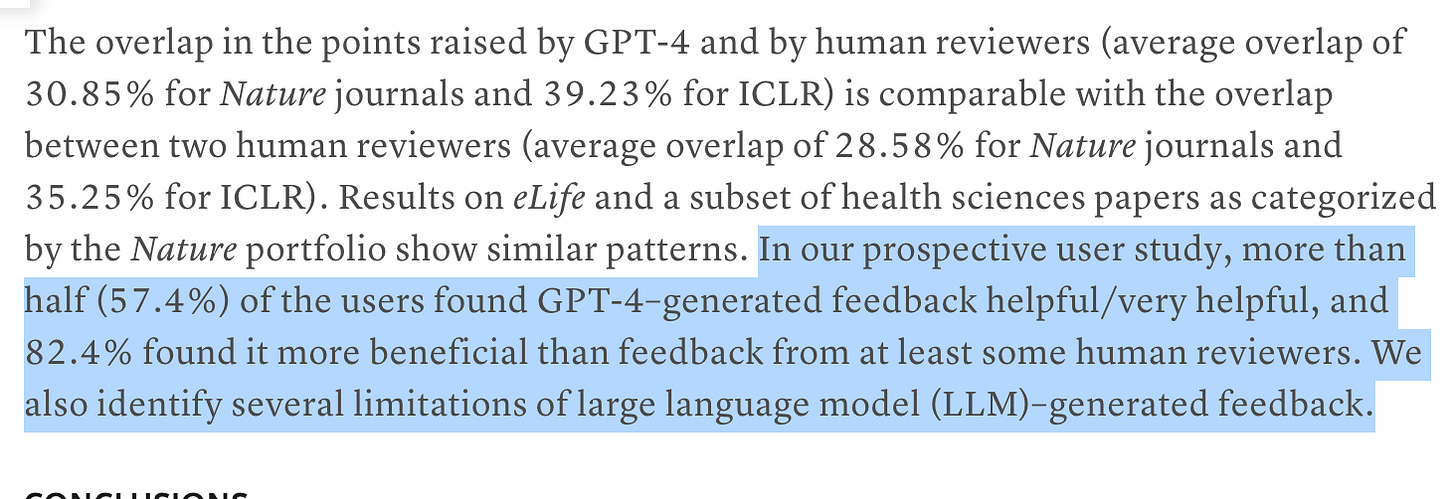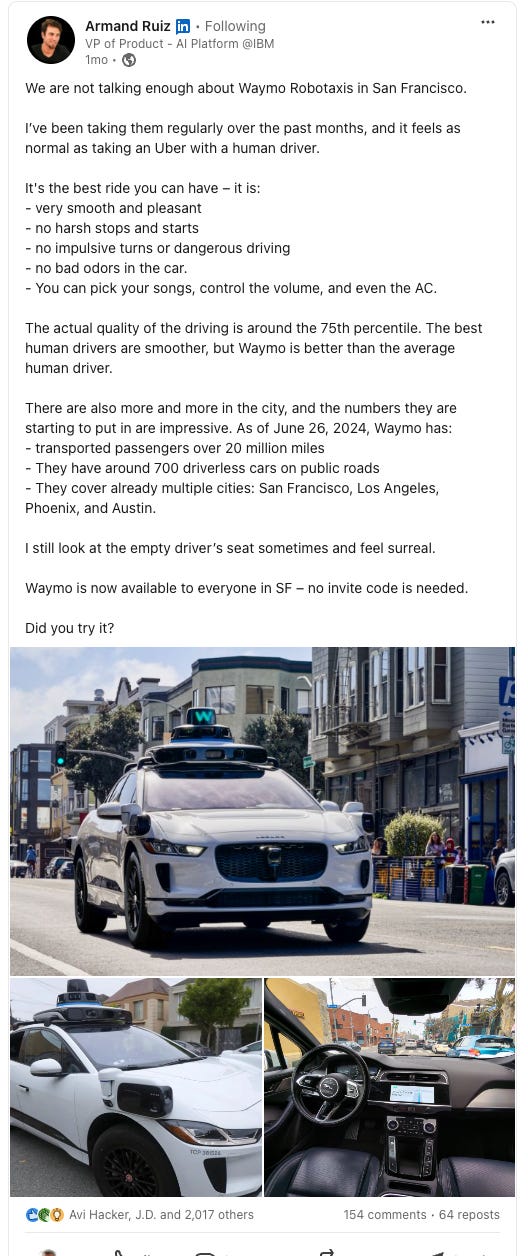AI is starting to become smarter than the average person in many areas
Are we preparing for this new world?
The technology has surpassed humans in speech and object recognition, served up “digital humans” with uncanny realism in both appearance and speech, and earned passing marks on college entrance and medical licensing exams. AI is outperforming judges in fair and consistent sentencing, and radiologists in diagnosing lung cancer, as well as powering drones that will change the future of delivery, agriculture, and warfare. Finally, AI is enabling autonomous vehicles that drive more safely on the highway than humans
Kai-Fu Lee; Chen Qiufan. AI 2041.
AGI, or Artificial General Intelligence, is generally (no pun intended) defined as a hypothetical type of artificial intelligence that matches or surpasses human-level intelligence across a wide range of cognitive tasks.
As you can imagine, the definition and the debate about what that means can get complicated; for now, just think of it as human-level intelligence.
Over the last year, we’ve seen AI achieve human-level intelligence in specific areas.
Ping pong. AI can play ping pong as well as the average player — ‘Whilst the robot lost all matches vs. the most advanced players it won 100% matches vs. beginners and 55% matches vs. intermediate players, demonstrating solidly amateur human-level performance.”
Debate. It can debate as well as your average debater — “Experimental results indicate that the state-of-the-art Agent4Debate exhibits capabilities comparable to those of humans.”
Grading open-ended short answer questions. Pretty good. When few-shot prompting is used with GPT-4, human graders agree 87% of the time.
Reviewer comments on submitted papers. AI is more useful than human reviewers in many ways.
Driving. AI can’t drive as well as the best human drivers, but it can drive better than 75% of them.
But what about experts? In the above examples, experts perform better than the AIs. But we are starting to see areas where AIs outperform experts.
Cancer detection. At least for prostate cancer, it can be better than humans: “The balanced accuracy (mean of voxel-wise sensitivity and specificity) of AI-assisted cancer contours (84.7%) was superior to cognitively-defined (67.2%) and hemigland contours (75.9%; P < .0001). Cognitively-defined cancer contours systematically underestimated cancer extent, with a negative margin rate of 1.6% compared to 72.8% for AI-assisted cancer contours (P < .0001).”
Similar abilities can be found for pancreatic cancer detection.
It also does pretty well with doctor-patient communication.
Financials. We are starting to see GPTs outperform financial analysts in certain areas.
Progress still needs to be made to achieve actual AGI, which can be defined as an AI that can perform a wide range of cognitive tasks, with the ability to learn, adapt, solve problems, and exhibit human-like cognitive abilities autonomously in open-ended environments. Most estimates put the time frame for this at 2-20 years.
Many companies and organizations, including Amazon, Anthropic, Google, Meta, Microsoft, OpenAI, Safe Superior Intelligence, X, and SingularityNet are working hard to make it happen.
But if AI can complete more and more tasks/jobs that humans do, the impact will be felt before that.
Are you ready? Are your students ready?











